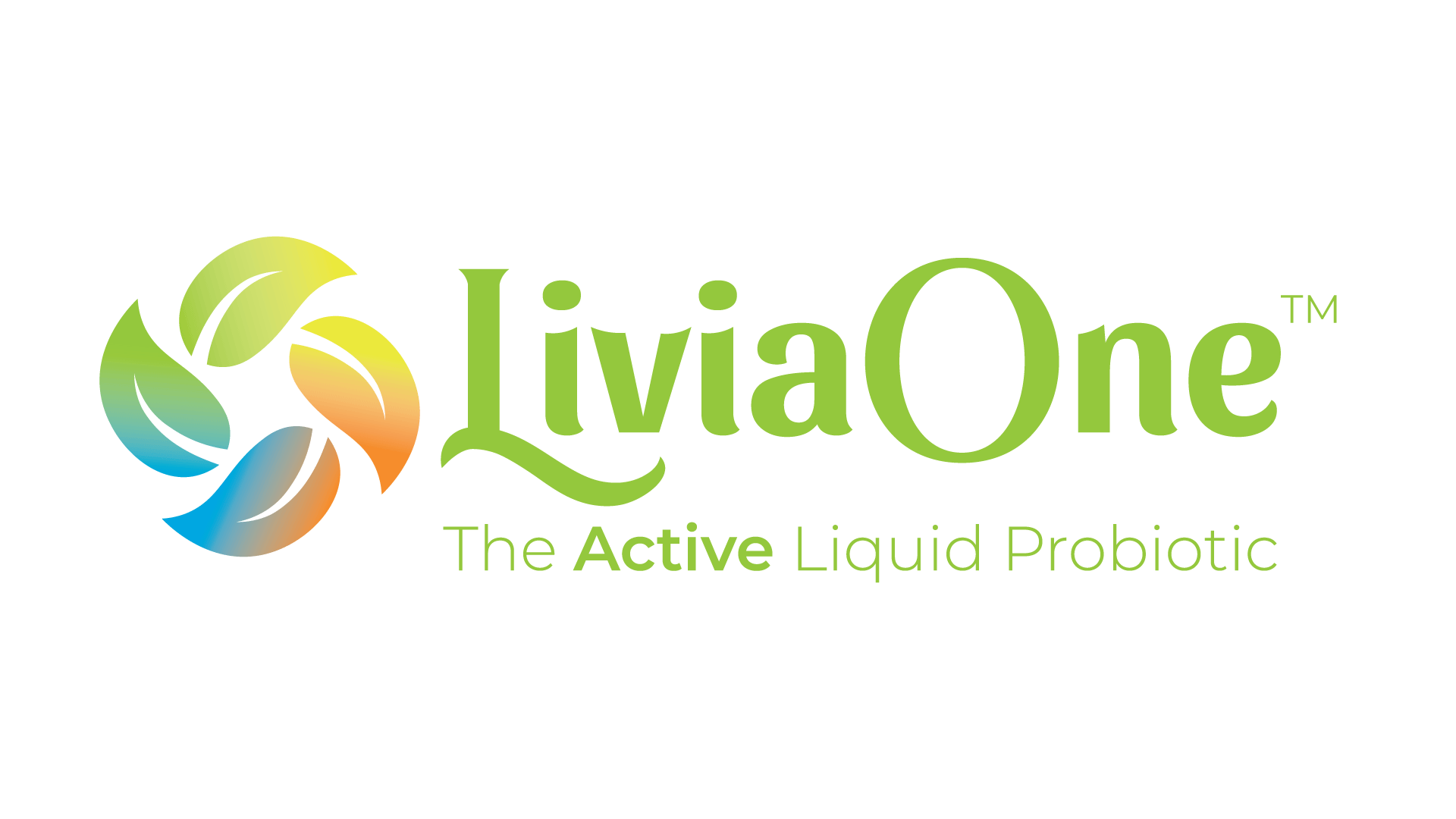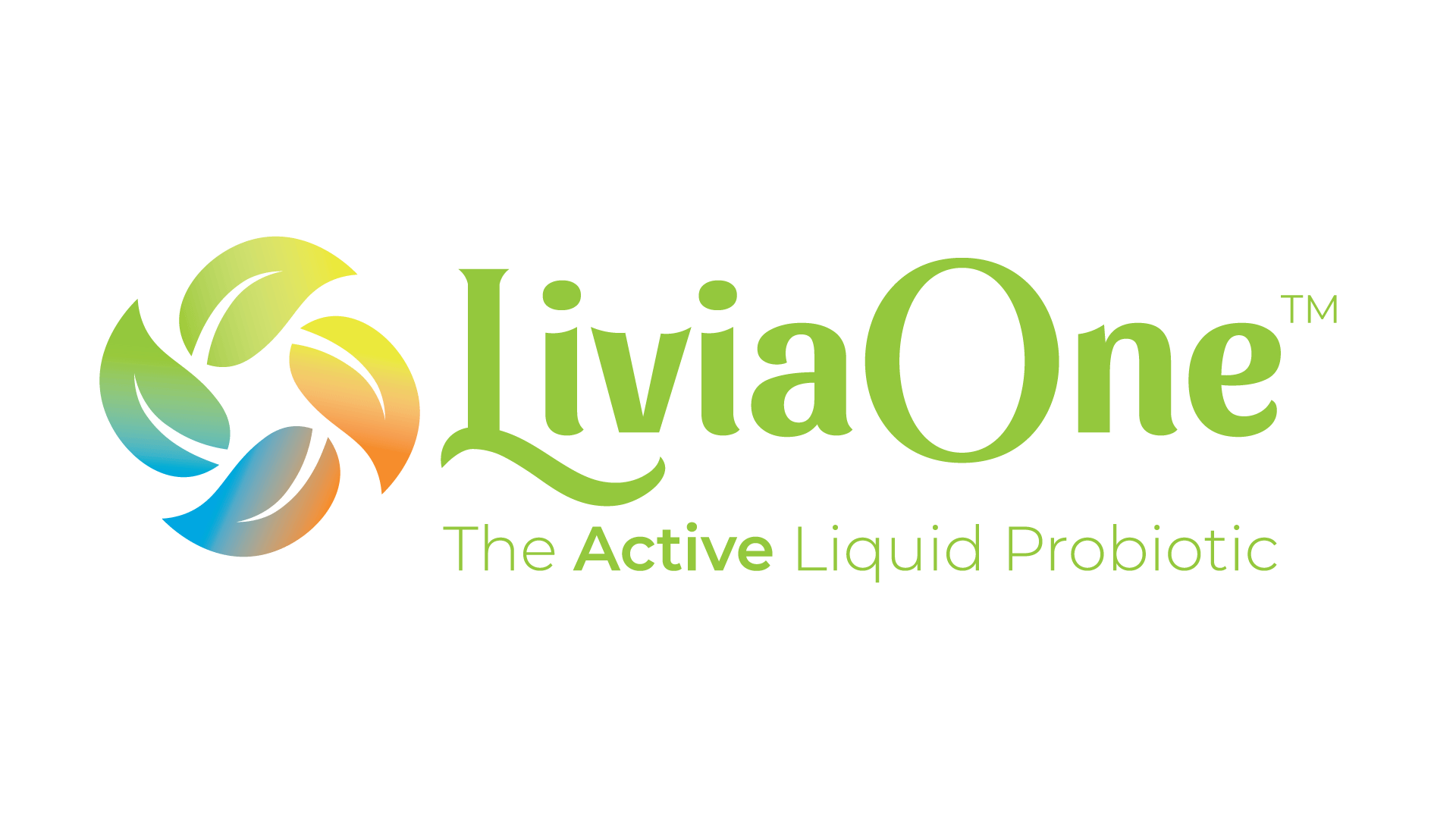Safety of Probiotic Products
Reports of adverse reactions to probiotics in healthy adults are relatively rare. Because many countries consider them to be a food or food supplement, guidelines for use are different than those for drugs. The fact that probiotics have been allowed by many countries to be added to food products already attests to their lack of harmful attributes. Although significant debates are raised in defining the basis of "therapeutic claims," many food companies are permitted to make physiological claims about the benefits of probiotics, their safety, and their harmlessness to the user when eaten or ingested. The issue of infant formula is a major exception to this rule, where the debate on probiotic additives tends to be wide-ranging.
The Canadian government, for example, allows food-related claims about probiotics to stand relatively unchallenged, as a testament to the comfort level that has been attained with adding certain probiotics to food. Consumers and producers are warned more cautiously when therapeutic claims are made, so that the distinction stays intact between an approved food versus an approved drug. In this way, a probiotic added to food is identified in a similar manner as when vitamin C is added to fruit juice. Nutritional benefits can be legally claimed, but not the power to heal an illness, in this regulatory environment. This acceptance of probiotics as a healthful but non-medicinal food fortifier in Canada indicates a broad comfort level with the idea that probiotics can be ingested with a very low incidence or chance of an adverse reaction. However, as a specific antidote to illness, governing boards such as the EFSA (European Food Safety Authority) have frequently disallowed probiotic producers from claiming that their products are a safe alternative to traditional medical treatment.
A very hot topic of debate which has escalated into political movements for and against their use, is whether probiotics should be added to infant formula. However, in this debate the points of contention are not as much about safety as they are about marketing. Labeling and advertising claims by manufacturers that say infant formulas containing probiotics can be as beneficial as human breast milk will typically generate significant objections. However, when breast-feeding is not an option, and where manufacturing processes have reduced pollutants to nominal levels, formula and milk products are the logical substitutes. There is not yet a widespread international scientific agreement on whether infants should be exposed to probiotic components in formula, indicating some hesitation on the safety of probiotics for babies and toddlers.
The infant formula debate over probiotics is particularly relevant to safety claims, because the stakes are so high in this trillion-dollar, worldwide business. The fact that infant formula producers such as Mead-Johnson have survived and succeeded, despite multiple lawsuits and political debates, does some justice to the idea that probiotics are becoming more widely accepted as a food additive. Since they have repeatedly resisted legal and scientific challenges for even the youngest and most vulnerable consumers, certain strains of probiotics may soon join the mainstream of food additives.
An important study of the safety of probiotics, conducted by a neutral third party, was completed in 2004 by the Johns Hopkins University School of Medicine. This study concluded that long-term consumption of formulas supplemented with B. lactis and S. thermophilus was safe. The probiotic-fortified formula was also well-tolerated, resulted in adequate growth, reduced reporting of colic or irritability, and a lower frequency of antibiotic use among the infants enrolled in the study. This was a randomized, placebo-controlled, double-blind investigation of 118 infants that revealed positive results for the use of Bifidobacterium lactis and Streptococcus thermophilus, as compared to two control groups, who received either lower doses of B lactis and S thermophilus, or un-supplemented formula with no probiotics added. Infants took the formula for several months, in order to test a relatively long-term effect of the different formulas included in the study.
On the topic of feeding probiotics to infants as a formula supplement, there are many studies on both sides of the issue. A recent opinion issued from the University of Helsinki in Finland finds that probiotics as an infant formula additive are unacceptable, partly on ethical grounds and partly due to the incidence of allergies. Partly because probiotics are not yet officially catalogued and classified by strain on an international basis, the University medical staff quoted in this publication have recommended caution in using probiotics as food and formula additives for infants.
Conversely, for adults using well-known strains of probiotic bacteria as a supplement-- such as the microflora typically found in yogurt-- reports of adverse side effects have been rare. They may include gas, bloating and increased trips to the bathroom, as a temporary effect. A variety of alternative medicine web sites offer strategies to decrease the occasional initial discomfort of probiotic ingestion, such as reverse tapering from an occasional small dose to more frequent, larger doses.
Using probiotic strains that are often found in foods may offer the consumer an adequate comfort level, in that the substance has been regarded generally as safe and not harmful, similar to the acceptance level for vitamin-fortified foods and beverages. Taking probiotics as a therapeutic answer to a medical problem is not a widely-accepted concept yet among regulatory and governmental agencies, especially when broad advertising claims are made by probiotic-producing companies. However, as food additives for adolescents and adults, many probiotics are regarded as safe and harmless by the very same agencies. Whether probiotics are universally safe and appropriate for infants may be debated and studied for many years before this issue is resolved, but it may ultimately come down to which probiotic strain is used and the dosage taken.
REFERENCES:
Health Canada. "Guidance Document The Use of Probiotic Microorganisms in Food." Food Directorate, Health Products and Food Branch, April 2009.
Jose M Saavedra, Adel Abi-Hanna, Nancy Moore and Robert H Yolken. "Long-term consumption of infant formulas containing live probiotic bacteria: tolerance and safety 1, 2, 3." Johns Hopkins University School of Medicine, Baltimore. American Journal of Clinical Nutrition, Vol. 79, No. 2, 261-267, February 2004.
"Routine Supplement of Prebiotics and Probiotics to Newborn Infants Is Not Recommended: In Reply." Letter to the Editor from Kaarina Kukkonen, MD, PhD, Mikael Kuitunen, MD, PhD, Department of Pediatrics Skin and Allergy Hospital. Erkki Savilahti, MD, PhD, Department of Pediatrics Hospital for Children and Adolescents, University of Helsinki, Helsinki, Finland. PEDIATRICS Vol. 123 No. 3, March 2009, pp. e544.
Shane Starling. "EFSA Publishes Probiotic Guidance." 22-Oct-2009. The Dairy Reporter.
For more information:
 A complete description of probiotics, along with groundbreaking recent clinical research illustrating the many ways probiotics can prevent disease, can be found in Probiotics - Protection Against Infection: Using Nature's Tiny Warriors To Stem Infection. This new compendium from one of contributing authors of the content on this page, Dr. Casey Adams, PhD., takes the confusion out of selecting and supplementing with probiotics. Referencing over 500 scientific studies and reports, and with detailed instructions on how to make your own probiotic foods, this book is a must for anyone seeking to understand the power of probiotics, and improve their immunity and vitality. Click here for ordering information.
A complete description of probiotics, along with groundbreaking recent clinical research illustrating the many ways probiotics can prevent disease, can be found in Probiotics - Protection Against Infection: Using Nature's Tiny Warriors To Stem Infection. This new compendium from one of contributing authors of the content on this page, Dr. Casey Adams, PhD., takes the confusion out of selecting and supplementing with probiotics. Referencing over 500 scientific studies and reports, and with detailed instructions on how to make your own probiotic foods, this book is a must for anyone seeking to understand the power of probiotics, and improve their immunity and vitality. Click here for ordering information.
Please read this Disclaimer:
The contents of this site, such as text, graphics, images, information obtained from www.Probiotic.org licensors and other material ("Content") contained on this site is for informational purposes only. The Content is not intended to be a substitute for professional medical advice, diagnosis or treatment. Always seek the advice of your physician or other qualified health provider with any questions you may have regarding a medical condition. Never disregard professional medical advice or delay in seeking it because of something you have read on this site!

